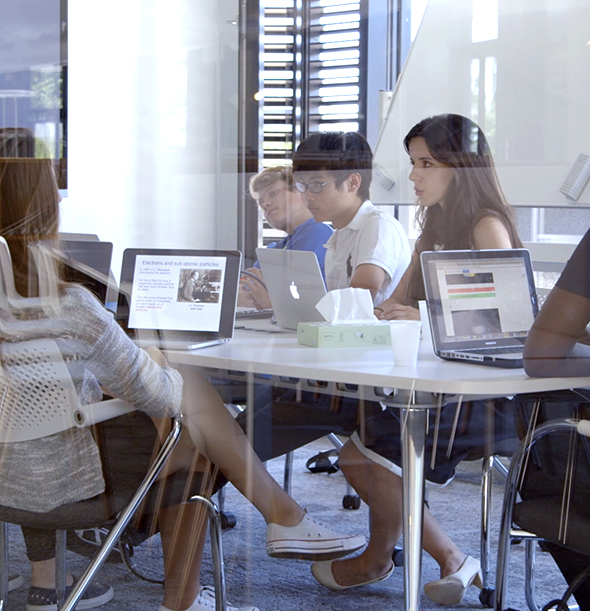
The 21st century is multilingual and multicultural
English is a world language. But the world is also multi-polar and multilingual.
A truly international education is based on programmes which allow the student to master several languages, discover other ways of thinking and understand other cultures. An international education is not simply acquired by going to an English-speaking school or a British or American school. Le Rosey, an international Swiss school, offers an educational equilibrium which is unique in the world.
Le Rosey is a unique international community.
- 420 students come from all over the world to together create a community respectful of difference.
- More than 60 nations are present on the campus and a system of quotas guarantees that no country or group of countries represents more than 10% of the students.
Switzerland is undoubtedly the ideal country for creating this international ambiance: multilingual, multi-ethnic, with a 700-year-old democracy, this country of peace is the seat of numerous international organisations and has long been committed to promoting understanding between peoples.
A truly bilingual school
Students choose French or English as their main language of instruction and study the majority of subjects in this language.
French and English classes are provided in a way that challenges all: language and literature for the most advanced, and foreign language classes for those with levels ranging from beginner to a good command of the language.

As soon as they are able, students study at least one subject in another language. All students are advised individually on their choices. Students who are taking a fully bilingual programme receive a Le Rosey Bilingual Diploma at the end of class 2.
These studies in a second language form the core of the Rosey bilingual system. In practice, the native tongue of more than half of the Rosey students is neither English nor French: it might therefore be more appropriate to talk of trilingual studies.
The benefits of bilingualism
Bilingualism develops additional linguistic abilities among children, stimulates their cognitive development and enriches their overall educational programme.
Another world is opened to them thanks to bilingualism. Studying a subject in another language exposes students to two languages of global importance, but also provides them with two ways of teaching and studying, two cultures and two ways of relating to others. Over the years, children improve their ability to undertake educational, social and, later, professional activities in several languages and cultures.
